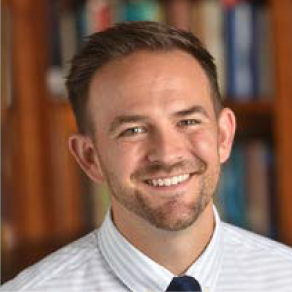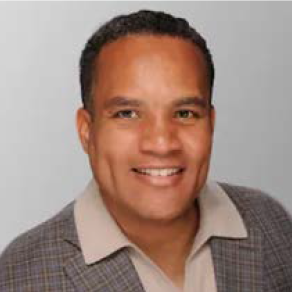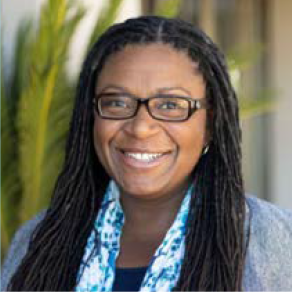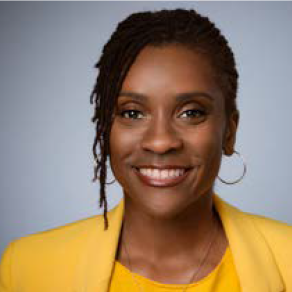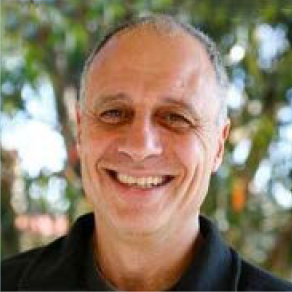
- This event has passed.
Lessons from California’s $2 Billion Settlement: Implementation of State Spending to Advance Equity

During this webinar, John Gomperts with the Campaign for Grade-Level Reading moderated a conversation exploring the lessons of a recent historic $2 billion settlement in California on behalf of students who did not receive an equitable education during remote learning early in the pandemic. Panelists shared insights and advice relevant to anyone who wants to make sure their state resources are spent effectively to give every student what they need to be successful.
Amanda Mangaser Savage, J.D., who is with Public Counsel and worked on the lawsuit, laid out the case and claims their firm made with input from local organizations. The focus of the lawsuit was on the period of spring and fall 2020, when students were learning remotely. It was found that over a million students in California, most of whom were Hispanic and Black, lacked digital access at home and therefore the ability to participate fully in their learning. Mangaser Savage noted, “The fact that kids were being excluded from school, from the remote classroom, was a violation of their educational rights.” Mangaser Savage outlined the terms of the settlement, which ensure that the remaining state funds allocated for learning recovery are used for evidence-based practices to specifically help the students who were harmed by lack of access to remote learning and that districts conduct needs assessments to determine which students need the most support academically.
Joseph Bishop, Ph.D., with UCLA’s Center for the Transformation of Schools, served as an expert witness for the lawsuit. He shared some of the research he contributed to build the case, including that pre-pandemic disparities in access to an equitable education only widened during the pandemic, and little state guidance or support was being provided to schools to deal with an unprecedented education crisis. Bishop noted that these challenges are not unique to California: “We know that we’ve ended up in this space because we’ve seen these issues as strictly education issues. We’ve ignored structural racism, we’ve ignored factors in school and out of school, which are creating this cumulative disadvantage for young people and families across our country.”
Lakisha Young, of The Oakland REACH, talked about her work to support parents to build solutions to community challenges including inequitable learning experiences. Post-pandemic, when students returned to the classroom and families realized their children were behind academically, The Oakland REACH launched the Liberator model, which trains parents and caregivers to serve as literacy and math tutors, and is already showing impressive results. She shared her philosophy around the central role of families: “Families are not just folks you engage with. They are experts, too, building solutions that are changing outcomes for our communities.”
Superintendent Darin Brawley, Ed.D., of Compton Unified School District, is in his 13th year as superintendent and described his strategies and systems to raise academic achievement for all students and increase the graduation rate from 58% when he began to 90% today. Brawley conducts monthly “data chats” with principals, focuses on mentoring and college readiness, and has placed 30 wellness centers at schools to support students’ mental health. Echoing Young’s focus on solutions, Brawley said, “We need to stop [just] talking about equity…and we need to start implementing equity.”
Finally, Natalie Wheatfall-Lum, J.D., with The Education Trust-West shared her thoughts on policies and actions California and other states could implement to best advance education equity in light of the findings of this lawsuit. Additionally, she noted that policies are not enough, but that a “mindset shift” coupled with commitment is also required: “It’s about the will of our local and state leaders to take this issue on and not be satisfied with just maintaining the status quo, but really making significant changes and leveraging the expertise of our communities to make that change.”
Panel
